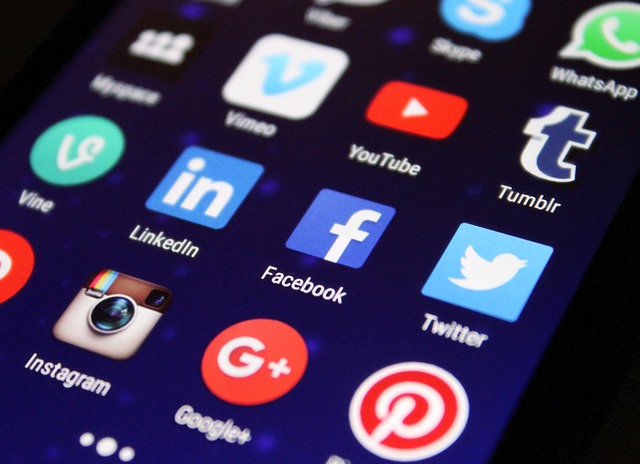In today’s hyper-connected world, social media has revolutionized the way we communicate and interact with one another. Platforms like Facebook, Instagram, and Twitter allow us to stay in touch with friends and family, share our experiences, and connect over mutual interests. However, beneath this shiny surface lies a disturbing reality: the dark side of social media. As we immerse ourselves in this online culture, we often overlook the detrimental effects it can have on our mental health, particularly concerning social media stress.
The impact of social media is profound. While these platforms foster connectivity, they also breed comparison, jealousy, and anxiety. When scrolling through curated highlight reels of others’ lives, many users fall into the trap of comparing their own experiences and achievements against an unrealistic yardstick. This constant comparison can lead to feelings of inadequacy, depression, and heightened social media stress. The need to portray a perfect image online can be exhausting and can create a perpetual cycle of anxiety, as individuals strive to maintain their online personas.
Furthermore, social media can be addictive. The thrill of receiving likes, comments, and shares releases a dopamine hit that reinforces the behavior, leading to excessive use. The urge to check notifications or scroll through feeds can quickly escalate from a mere habit to a compulsive behavior. Studies indicate that individuals who spend more time on social media may experience a reduction in overall well-being, feeling more isolated despite being constantly connected. This paradox highlights a significant aspect of social media stress: while we may feel more connected than ever, many report feelings of loneliness and social withdrawal.
Evidence suggests that the push notifications and the infinite scroll of social media can lead to increased anxiety levels, creating a sense of urgency that drives users to check their phones repeatedly. Each notification could set off a spike in stress hormones, elevating levels of anxiety and making it challenging to focus on real-life interactions or tasks. The constant barrage of information can be overwhelming, causing mental fatigue and making it harder to disconnect and enjoy a moment of tranquility.
Moreover, there’s the impact of cyberbullying and negative comments that can amplify the social media stress experienced by users. Harsh criticism and trolling can lead to severe psychological effects, pushing individuals into isolation and exacerbating feelings of depression. The anonymity provided by social media often emboldens users to express negativity in ways they might never consider in face-to-face interactions.
In light of these factors, it’s crucial to analyze our relationship with social media. Setting boundaries can help manage time spent online and reduce stress. Consider designating specific periods when you will check your notifications or engage with content. Unfollowing accounts that induce feelings of inadequacy or anxiety can also help create a more positive online experience. Furthermore, taking intentional breaks from social media can provide the much-needed space to reconnect with ourselves and the real world without distractions.
Ultimately, recognizing the signs of social media stress is the first step toward reclaiming our time and mental well-being. By acknowledging the dark side of these platforms and making conscious choices about our engagement, we can foster a healthier relationship with social media that emphasizes connection without compromising our mental health.



